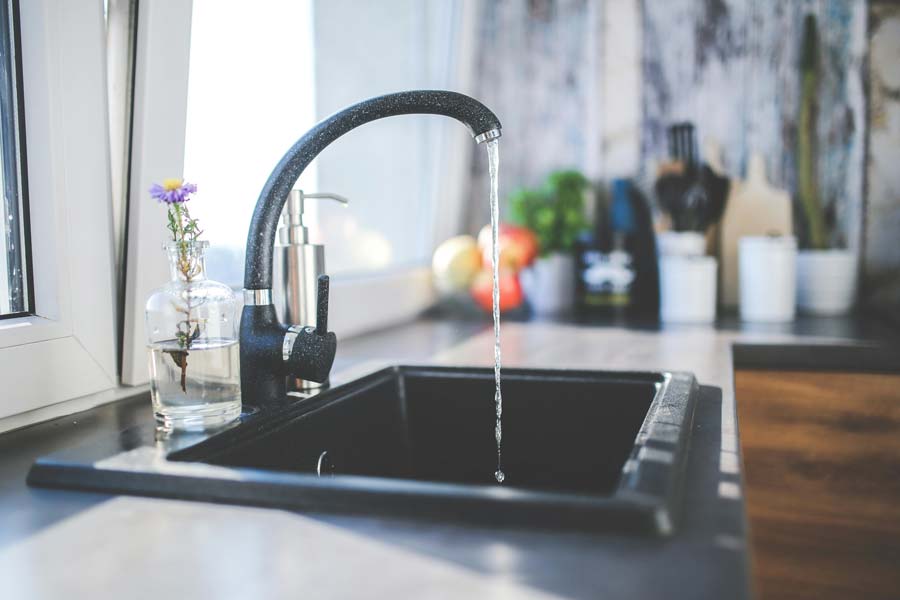After last week’s travel health tips, I’ve had a few replies from readers who said they found the advice really helpful, especially with the UK summer holidays about to begin. If you missed the newsletter and are planning any trips this season, I highly recommend reading it for ideas on staying well while away from home.
However, this week, I wanted to switch gears a little and draw your attention to something closer to home – something we all encounter every single day without even thinking about it: the water we drink.
Why I’m Thinking About What’s in My Water
A news story caught my eye recently and really made me stop and think. In the U.S., Florida has just become the second state to ban the addition of fluoride to public drinking water. The governor called it “forced medication” without informed consent, and as of July 1, 2025, no public water systems will be allowed to add fluoride.
It reminded me how rarely we question what’s actually in our tap water and why the UK, unlike most of Europe, still allows water fluoridation in certain regions.
A major review by the U.S. National Toxicology Program of over 70 studies found consistent evidence that fluoride can lower children’s IQ scores and affect cognitive development. Other research has linked fluoride to thyroid disruption and neurological harm, even at low daily intakes of 2–5mg. No wonder more states in the U.S., such as Ohio and Texas, are considering bans, while agencies reassess their recommendations.
What’s surprising is that across Western Europe, fluoridation was largely rejected decades ago. Today, 98% of Europeans drink non-fluoridated water. Yet in the UK, fluoridation quietly continues in certain areas, with government plans to potentially extend it further.
Supporting Your Body’s Natural Defences
If you want to reduce your exposure, a good water filter can make a significant difference, but ensure it is designed to remove fluoride, as many standard filters do not.
While avoiding fluoride from drinking water, tea, and dental products is the best way to reduce exposure, I also like to support my body’s natural detoxification systems. Spirulina and chlorella are two superfoods that I regularly incorporate into my diet. They’re rich in nutrients and are believed to help the body bind and clear unwanted substances like heavy metals and toxins, possibly including fluoride.
I also ensure my magnesium intake is topped up, as magnesium can play a role in protecting bones and tissues from fluoride buildup. Being low in magnesium may actually make the body more vulnerable to fluoride’s effects, particularly on the thyroid.
Simple steps, such as these, along with good hydration and a whole-food diet, can make all the difference when it comes to resilience, especially when we cannot fully control what is in our environment.
Something to Think About
It’s really about choice. Should fluoride be something we decide to have, or should it be added to our water without our say? It’s just one more example of the many toxins in our environment which we’re exposed to daily. That’s why being informed and prepared is crucial, allowing us to make the best decisions for our health.
What do you think? I’d love to hear your thoughts or any tips you have for avoiding fluoride. Please drop me a reply, and if you have any fluoride-free tips, I’d love to hear them!




